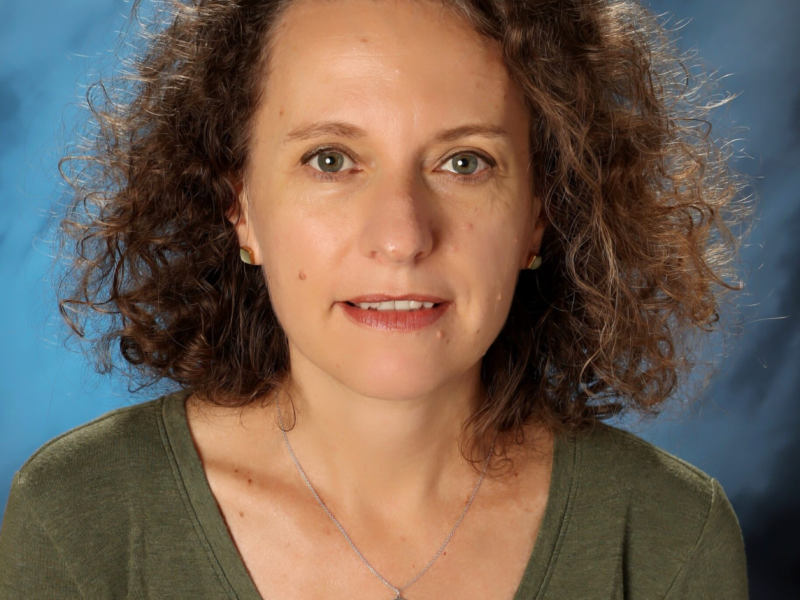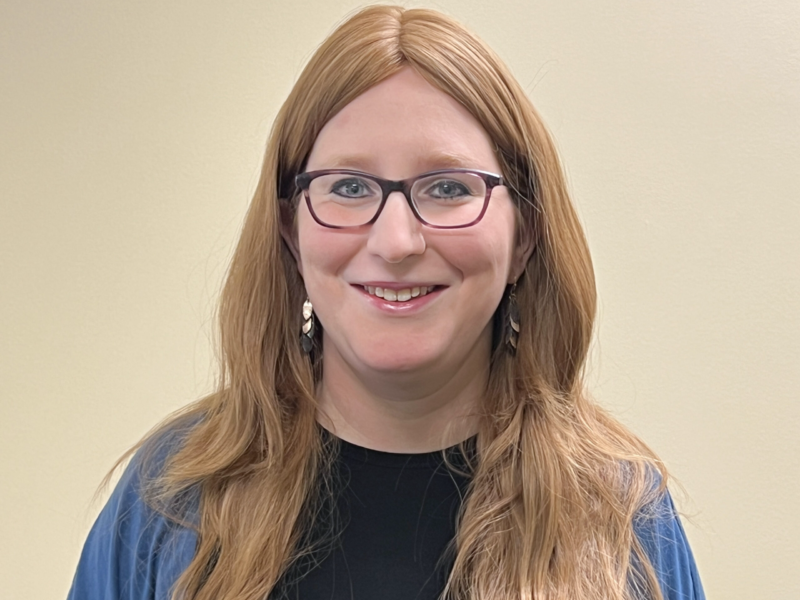Mark Rosenberg, MD, is the director of the internal medicine residency program at Providence Portland. He is also a firm believer in the importance of volunteering your time to help others. He can do that with Providence, where a robust program allows medical residents to spend time working and learning in Kenya, Haiti and, soon, Guatemala. He has been active in Portland community clinics. But for those in the Portland metro area without health insurance, it is Mark’s work with Project Access NOW that has literally saved lives.
Project Access NOW is a broad-based community initiative that builds access to health care for low-income and uninsured people in the Portland metropolitan area by coordinating a network of volunteer physicians, clinics, hospitals, and other health care providers. And that’s what Mark likes best about it: it’s what he calls the “multiplier.”
Scarce access to health care is a critical issue for the whole community. Over 600,000 people in Oregon are uninsured, with about 300,000 of them in the Portland metro area. The safety-net clinics have more patients than they can handle and few places to send patients who then need additional care. Too many people either go right to the emergency room or end up there eventually.
Safety-net clinics are community-based providers who offer health services to low-income people, including those without insurance. Safety-net clinics often treat the immediate problem, but for continuing or specialized care another option is required. Project Access makes referals to volunteer providers of specialty healthcare.
“There is a huge need for primary care and specialty health care beyond what the safety-net clinics provide,” Mark says.
“I can volunteer my time in Kenya, but the need is so immense that one doctor really can’t have much of an impact. I can take pro bono patients in my clinic, but I am one doctor and this is one clinic. If, however, we can organize a network of providers who pledge to volunteer … and they contact their peers and get them to volunteer, too … pretty soon you can really make a difference,” says Mark.
That thinking motivated the Medical Society of Metropolitan Portland to start a volunteer program in 2005 in collaboration with the Coalition of Community Health Clinics. Providers like to volunteer their services, Mark points out, but if they give their name to a safety-net clinic, they can easily be overwhelmed by requests. With this new program, a doctor could specify how many patients the office could handle. It’s what Mark calls “rational triage.”
In 2007 they hired Linda Nilsen-Solares to administer what later became Project Access NOW. Her first priority: get more volunteer providers. Participating physicians called on their colleagues; each volunteer yielded more volunteers. The 100% buy-in of all the area hospitals was a pivotal point. The synergy and excitement grew as the program built momentum.
There were 40 volunteer providers that first year. Today, just five years later, there are 3,000. They are actively working to raise that number even higher.
“The more everyone works together, the more engaged we are and the more we can get done,” Mark says. “We are sharing the responsibility of caring for our community.”
_________
To get care:
Patients must first go to one of the community safety net clinics. If Project Access NOW is the best next step, the clinic will refer you. For a list of clinics that refer to Project Access NOW, go to
www.ProjectAccessNow.org.
To volunteer:
Call Debbie Rieke at 503-413-5541.
To donate:
Go to www.ProjectAccessNOW.org
or call Debbie at 503-413-5541.
Liz Rabiner Lippoff is a Portland freelance writer. Her company, Liz, ink, specializes in medical marketing. LizRL@rabiner.com www.LizInk.biz





